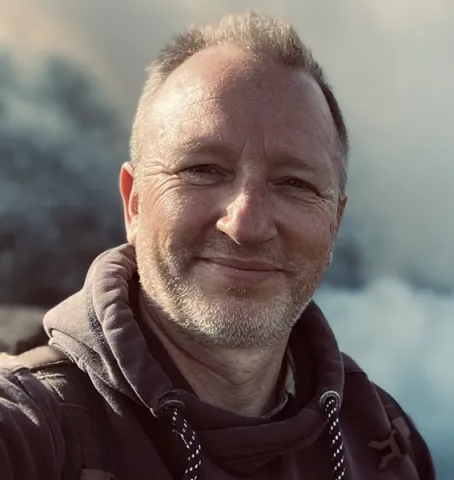About the project
This project will explore how learning from systemic shocks, e.g. associated with new fisheries policy post Brexit, the Covid-19 pandemic, and changes in the cost of fuel and price of fish due to the Russian invasion of Ukraine, can help enhance the resilience of the marine fisheries resource.
The UK marine fisheries resource is experiencing substantial challenges as it adapts to a long history of overexploitation, a shifting climate, and introduction of new regulatory policies in the post-Brexit era. Such challenges can be viewed as shocks, and system resilience is based on the ability to buffer such shocks (e.g. extreme weather events, war, economic disruption, or political regime shifts, Kemp et al., 2022). However, rather than view shocks as purely negative phenomena, understanding how systems respond to them can provide valuable insights that can help enhance resilience to more severe shocks in the future (e.g. climate change). Over recent times the UK fishing industry has experienced a range of systemic shocks that have included changes in regulatory regime and trading arrangements (Brexit), modified supply and demand (COVID-19) (Kemp et al., 2020), and threats to profitability and livelihoods (fuel crisis exacerbated by the war in Ukraine; Seafish, 2022). From a systems perspective, these interacting events can have both negative and positive consequence for the marine fisheries resource and the fishing communities that depend on them operating through trade-offs and synergies. Declines in activity can have negative impacts on the fishers over the short term while allowing stocks an opportunity to recover to provide longer-term benefits.
This project will use novel interdisciplinary methods that combine remote sensing, machine learning, and economic modelling to quantify the response of the fishing industry and fish stocks to systemic shocks. This will facilitate the development of greater understanding of how resources may be more sustainably managed in the face of future threats.
Training
The INSPIRE DTP programme provides comprehensive personal and professional development training alongside extensive opportunities for students to expand their multi-disciplinary outlook through interactions with a wide network of academic, research and industrial/policy partners. The student will be registered at the University of Southampton and hosted at the Faculty of Engineering and Physical Sciences.
Specific training as required based on a skills gap analysis for the successful candidate will include:
- geospatial remote sensing (e.g. GIS, satellite imagery)
- computer science (e.g. machine learning)
- systems thinking
- economic modelling
- data analysis and visualization (mainly in R); presentation skills (oral and written)
- teamwork
- scientific writing


